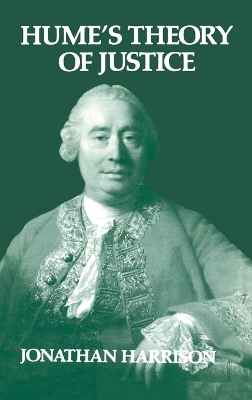A Treatise of Human Nature was published between 1739 and 1740. Book I, entitled Of the Understanding, contains Hume's epistemology, i.e., his account of the manner in which we acquire knowledge in general, its justification (to the extent that he thought it could be justified), and its limits. Book II, entitled Of the Passions, expounds most of what could be called Hume's philosophy of psychology in general, and his moral psychology (including discussions
of the problem of the freedom of the will and the rationality of action) in particular. Book III, entitled Of Morals, is also divided into three parts. Part II of Book III, entitled Of justice and injustice, is the subject of the present volume. In it Hume attempts to give an empiricist theory of justice. He
rejects the view, approximated to in varying degrees by Cumberland, Cudworth, Locke, Clarke, Wollaston, and Butler, that justice is something natural and part of the nature of things, and that its edicts are eternal and immutable, and discernible by reason. Hume maintains, on the contrary, as did Hobbes and Mandeville, that justice is a matter of observing rules or conventions which are of human invention, and that, in consequence, our acquiring a knowledge of justice is an empirical affair of
ascertaining what these rules or conventions are.
- ISBN10 0198246196
- ISBN13 9780198246190
- Publish Date 29 January 1980
- Publish Status Active
- Publish Country GB
- Imprint Oxford University Press
- Format Hardcover
- Pages 328
- Language English
